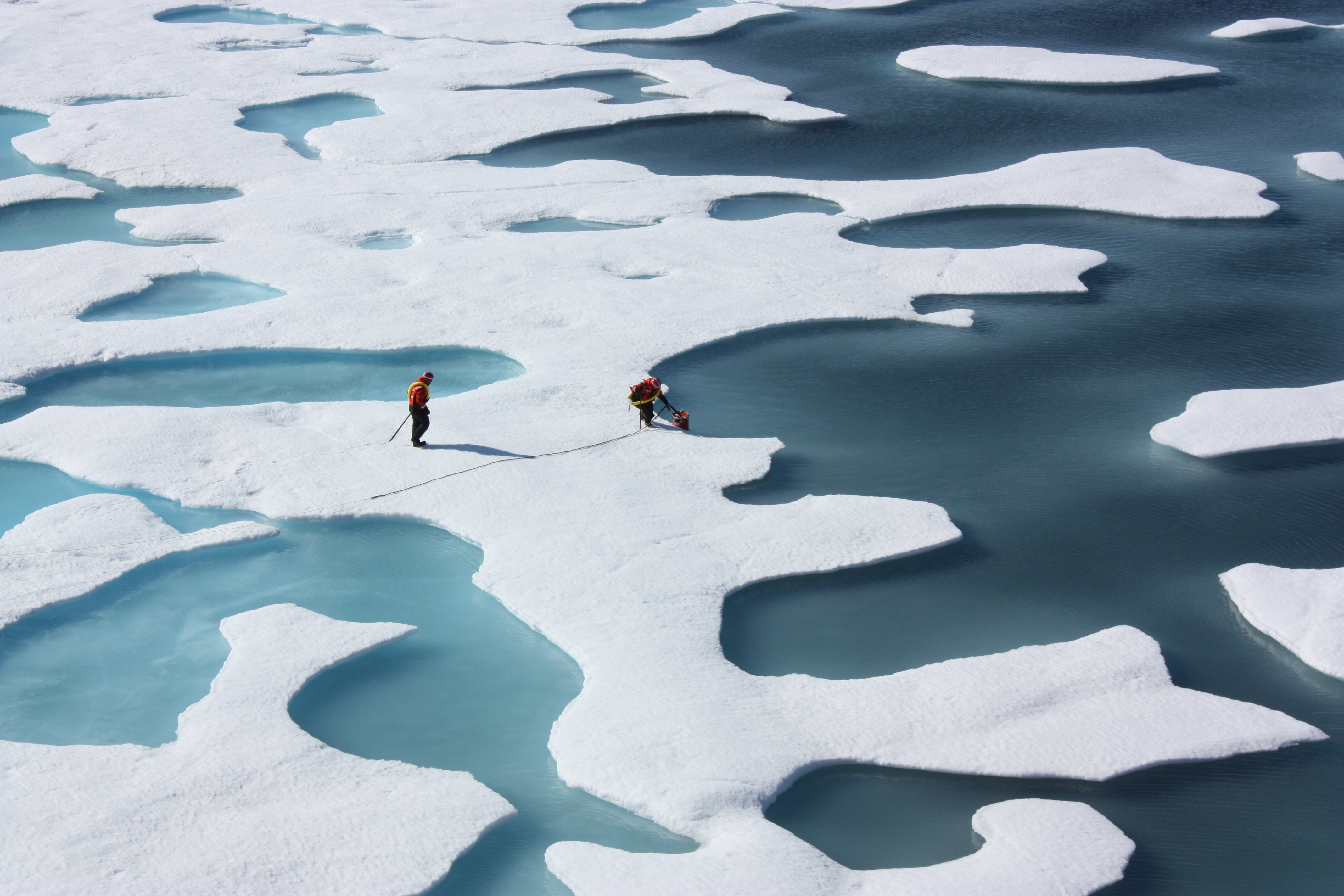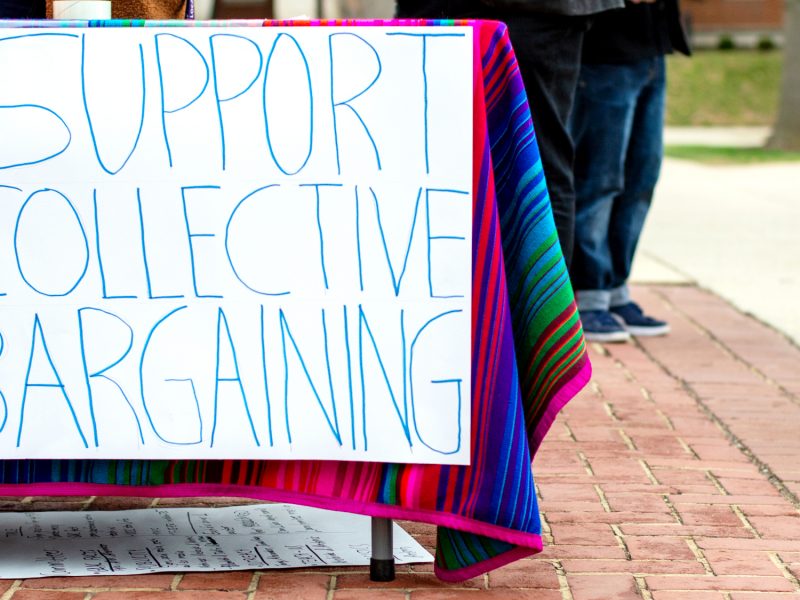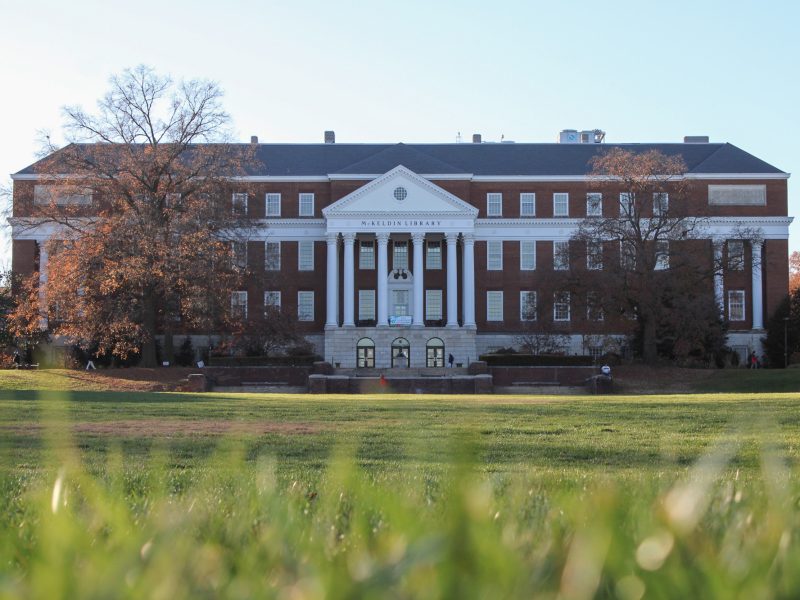By: Natalie Koltun and Elizabeth Lee
Despite shrinking glaciers, rising sea levels and surges in global temperature and carbon dioxide levels, 16 percent of Americans don’t believe in global warming, according to an October 2015 report by the National Surveys on Energy and Environment. As scientists grapple with effectively communicating the immediate and long-term effects of climate change, some are taking an unorthodox approach: religion.
Economist Partha Dasgupta and climate and atmospheric scientist Veerabhadran Ramanathan co-penned an essay, “Pursuit of the common good,” in the magazine Science in 2014, calling for religious leaders to address this global issue and mobilize public action surrounding environmental sustainability.
“Over and above institutional reforms and policy changes that are required, there is a need to reorient our attitude toward nature and, thereby, toward ourselves,” Dasgupta and Ramanathan wrote.
Historically, scientists have been reluctant to speak out on the moral aspects of climate change for fear of being labeled “unscientific.” Dasgupta and Ramanathan explain, however, that people often listen to their respective religious leaders far more than they do scientists and politicians, particularly in developing countries. The researchers’ goal is to appeal to these spiritual leaders to frame the message of environmental stewardship as a moral issue to which their followers can better relate.
Nearly 77 percent of Americans consider themselves religious, according to a 2015 study by Pew Research Center. Christians make up about 70 percent of religious Americans (with about 50 percent Protestant and 20 percent Catholic), while another 2 percent are Jewish, according to a 2015 survey by the Pew Research Center: Religion and Public Life.
Some congregations have taken steps to becoming more eco-friendly, but three out of five religious Americans say their faith leader rarely, if ever, mentions global warming, according to a 2015 report from Interfaith Council for Peace and Justice. Though there is a correlation between the religiously conservative and climate change naysayers, nearly all major U.S. religions’ doctrines, including the Bible and Torah, contain passages regarding the preservation of nature.
Leaders of many faiths have already taken action to address environmental responsibility.
Just last year, Pope Francis released an encyclical, or papal newsletter, devoted to environmentalism — the first ever to address climate change. “Laudato Si’,” Latin for “Praise be to you,” cites scientific studies alongside theological documents. Francis claims that each member of society — believer and nonbeliever alike — is responsible for the common good of Earth, and he calls for a united effort in the fight against global warming.
The publication released in May 2015 complements a recent statement by Islamic leaders on the topic, as well as October’s “Rabbinic Letter on the Climate Crisis,” which called for immediate action to prevent worsening climate disruption. It was signed by about 425 North American rabbis.
The rabbinic letter states, “We know all Earth needs not only the joyful human voice but also the healing human hand,” and strengthens its push for shared environmental responsibility and “eco-social justice” by citing the Torah and calling for action by both Jews and gentiles.
Climate change is a global issue of many dimensions, and leaders of faith around the world have begun to address the moral aspect of the matter in a push to mobilize congregations. It’s time for people of all religions to act hand in hand in a united and necessary effort to stabilize an increasingly destructive concern in “pursuit of the common good.”
Natalie Koltun is a senior journalism major and Elizabeth Lee is a senior geology major. They can be reached at nkoltun@terpmail.umd.edu.



